Every week, the editors of The Paris Review lift the paywall on a selection of interviews, stories, poems, and more from the magazine’s archive. You can have these unlocked pieces delivered straight to your inbox every Sunday by signing up for the Redux newsletter.
Other people’s diaries, observes our web editor, Sophie Haigney, offer “distinct and potent pleasures, the rare, delightful, occasionally shocking intimacies of reading someone else’s private thoughts.” She’s describing “Diary, 1988,” an excerpt from Annie Ernaux’s journals that appears in our Spring issue, but the same can be said for Ned Rorem’s Art of the Diary interview, Jane Bowles’s short story “Emmy Moore’s Journal,” pages—colorful in more senses than one—from Duncan Hannah’s high-school diaries, and Charles Wright’s cycle of poems, “Five Journals.” And few other forms can be so sharp, so economical in conveying the texture of life lived in times of atrocity, as shown by Liao Yiwu’s account of the Tiananmen Square massacre, “Nineteen Days.”
For more diaries, follow our new series featuring contributions from writers and artists: last week, Elisa Gonzalez shared pages from 2018 and Adam Levin looked back on a period of self-interrogation. And if you enjoy these free interviews, stories, poems, and art portfolios, why not subscribe to The Paris Review? You’ll get four new issues of the quarterly delivered straight to your door.
INTERVIEW
The Art of the Diary No. 1
Ned Rorem
INTERVIEWER
Auden defined the narcissist as the hunchback who gazes at his image in the water and says, On me it looks good. When I asked you about the diarist’s narcissism, I didn’t just mean the recurrence of I, but the self-absorption—whatever happens to the self is deemed of interest to others.
ROREM
Well, yes. Auden was right even when he was wrong. Cocteau said, “Je suis le mensonge qui dit la vérité.” All art is a lie, insofar as truth is defined by the Supreme Court. After all, Picasso’s goat isn’t a goat. Is the artist a liar, or simply one for whom even a fact is not a fact? There is no truth, not even an overall Truth.
From issue no. 150 (Spring 1999)
PROSE
Emmy Moore’s Journal
Jane Bowles
May
On certain days I forget why I’m here. Today once again wrote my husband all my reasons for coming. He encouraged me to come each time I was in doubt. He said that the worst danger for me was a state of vagueness, so I wrote telling him why I had come to the Hotel Henry—my eighth letter on this subject—but with each new letter I strengthen my position. I am reproducing the letter here. Let there be no mistake. My journal is intended for publication. I want to publish for glory, but also in order to aid other women.
From issue no. 56 (Spring 1973)
POETRY
Five Journals
Charles Wright
Inaudible consonant inaudible vowel
The word continues to fall
in splendor around us
Window half shadow window half moon
back yard like a book of snow
That holds nothing and that nothing holds
Immaculate text
not too prescient not too true
From issue no. 104 (Fall 1987)
PROSE
Nineteen Days
Liao Yiwu
June 4, 1989
A massacre took place in the capital city of the People’s Republic of China. The size of it shocked the world. Nobody knows precisely how many innocent people lost their lives. The government put the number of “collateral deaths” at two hundred or less. But many Chinese believe that it was more like three thousand innocent students and residents who were slain.
From issue no. 189 (Summer 2009)
ART
Diaries, 1970–73
Duncan Hannah
Nov. 20th. Listening to the new Velvet Underground LP, Loaded. “One fine morning, she turned on that New York station, she don’t believe what she heard at all . . . not at all.” Also the Zombies’ Odyssey and Oracle is fantastic. Such a rich wealth of music coming out. It’s where we get our messages, our subversive directions. It’s the soundtrack to our lives. The centerpiece to all this action.
From issue no. 222 (Fall 2017)
If you enjoyed the above, don’t forget to subscribe! In addition to four print issues per year, you’ll also receive complete digital access to our sixty-nine years’ worth of archives.
from The Paris Review https://ift.tt/bXP5M9U
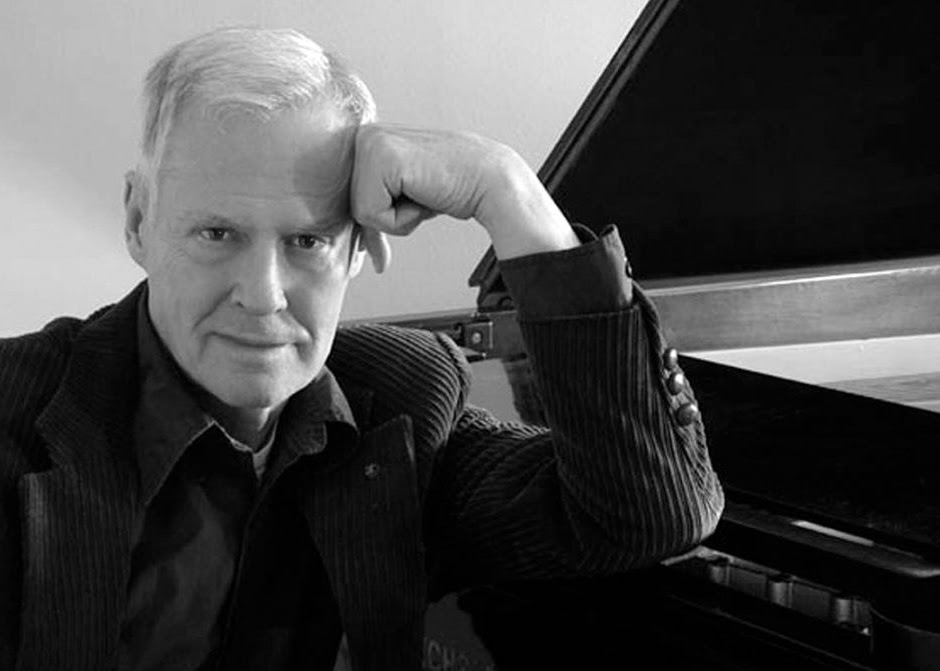
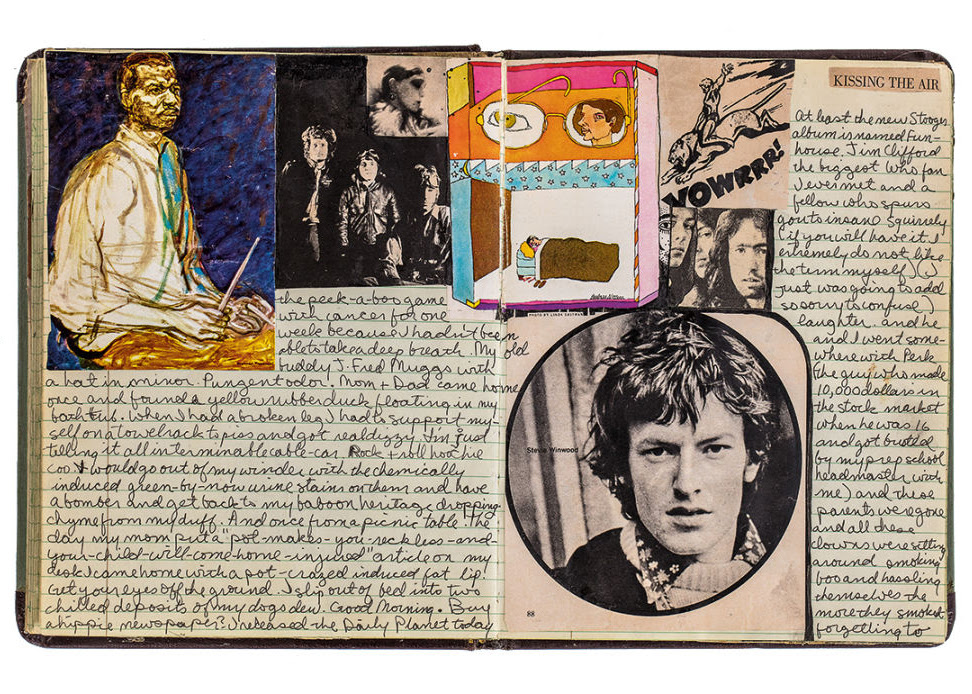
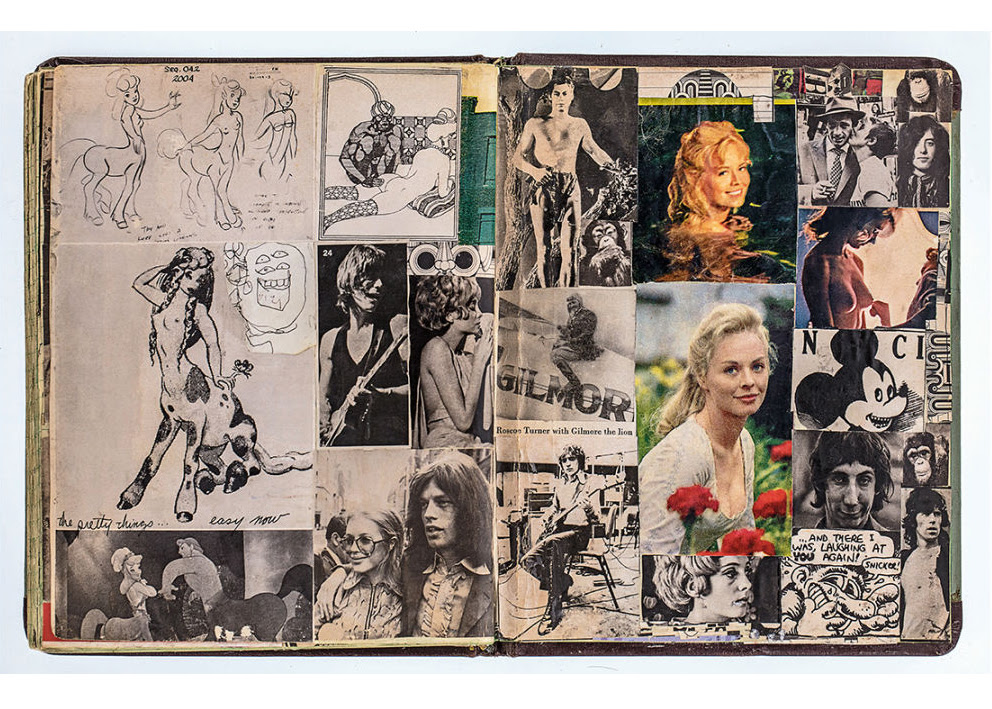
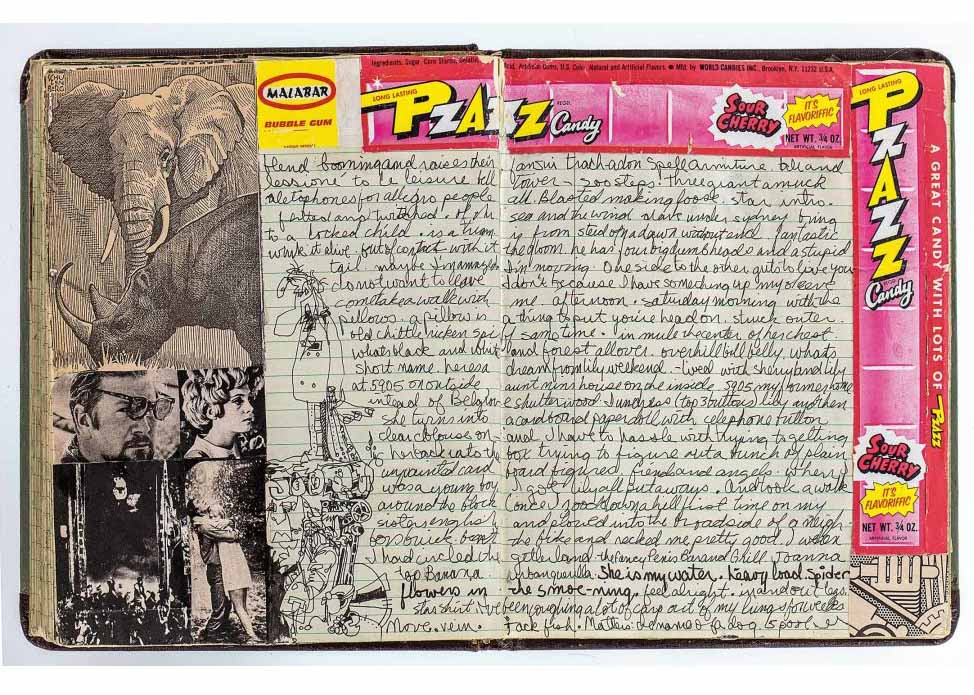
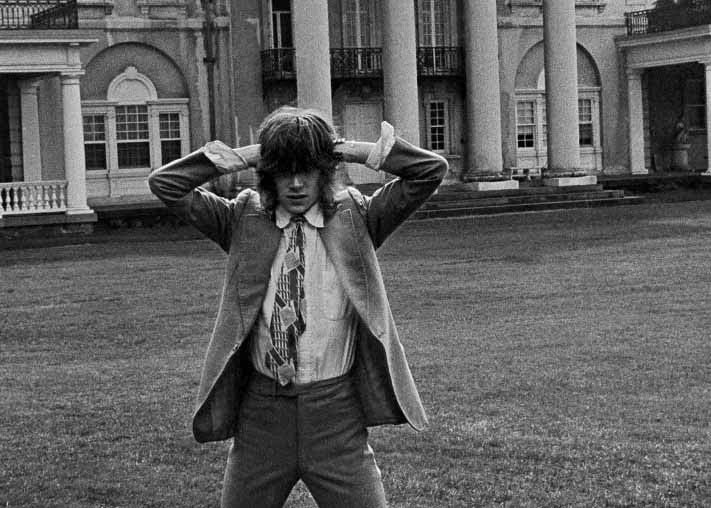
Comments
Post a Comment